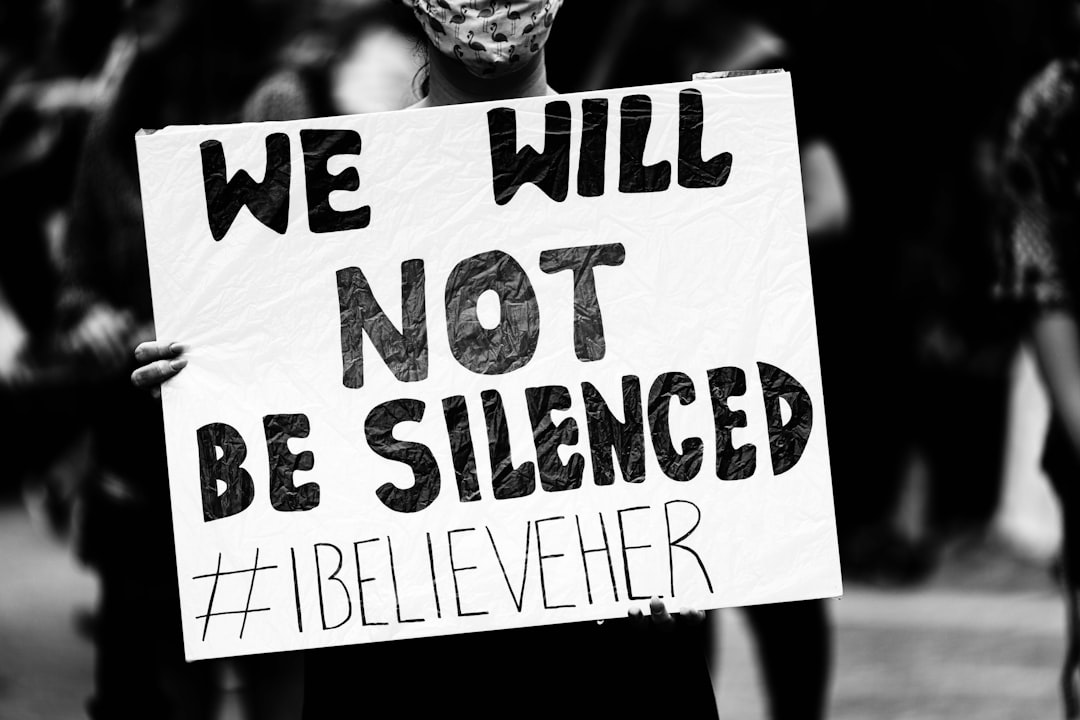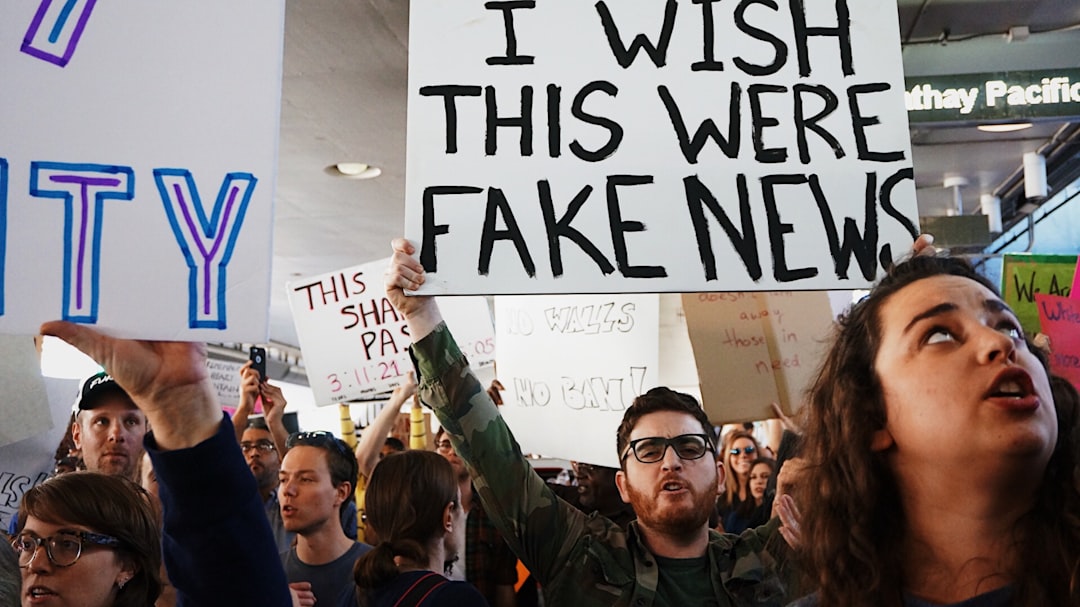What is it about?
With an attention to experiences of migration, exile and detainment, and through close readings of documentary The Wolfpack (2015), HBO’s bilingual horror comedy series Los Espookys (2019) and Manuel Puig’s novel, El beso de la mujer araña (1976), I argue that it is necessary to move beyond a speaker– audience dialectic, as in traditional storytelling, and towards transmediated activity, where static or linear temporal and spatial orders are both reproduced and subverted. By converging media studies with border studies and theorizations of translation and mobility, this article counters assumptions about submissive viewership while unpacking the political utility of entertainment.
Featured Image

Photo by Etienne Girardet on Unsplash
Why is it important?
This study challenges what it means to be a ‘storyteller’ and moreover, what constitutes a useful ‘story’ in the context of political advocacy and activism. I argue that pop culture – mass entertainment – can be redeployed alongside the avant-garde, and not merely read, but acted out, as a form of transgressive politics. Transmediation as an alternative framework for coproduction and as a creative strategy rooted in performance, wish fulfilment, and improvisation reverses the binary logic of the original and its copies.
Perspectives
In writing this article, it is my hope that we might gain a better understanding of the power dynamics inherent in systems of representations and the different ways in which marginalized storytellers have actualized agency through appropriating and re-signifying various 'source codes.' It is not only public intellectuals that can learn narrative strategies from celebrity storytelling to fill the gap between self-production and social and civic engagement, but audience members, fans, viewers, all those who persist on the periphery of the frame. In this portrayal, we might understand pop, not as normative and normalizing metric of the public, but as exactly the explosive projection that undoes the binary logic undergirding our conception of the culture industry as such. When high and low are reversed, reversible, what other cultural hierarchies are invited to be critiqued, undone, refashioned?
Chris Campanioni
City University of New York Graduate School and University Center
Read the Original
This page is a summary of: Doubling the fantasy, adapting the reel: Entertaining transmediation as a collaborative narrative strategy, Journal of Applied Journalism & Media Studies, June 2021, Intellect,
DOI: 10.1386/ajms_00057_1.
You can read the full text:
Contributors
The following have contributed to this page










